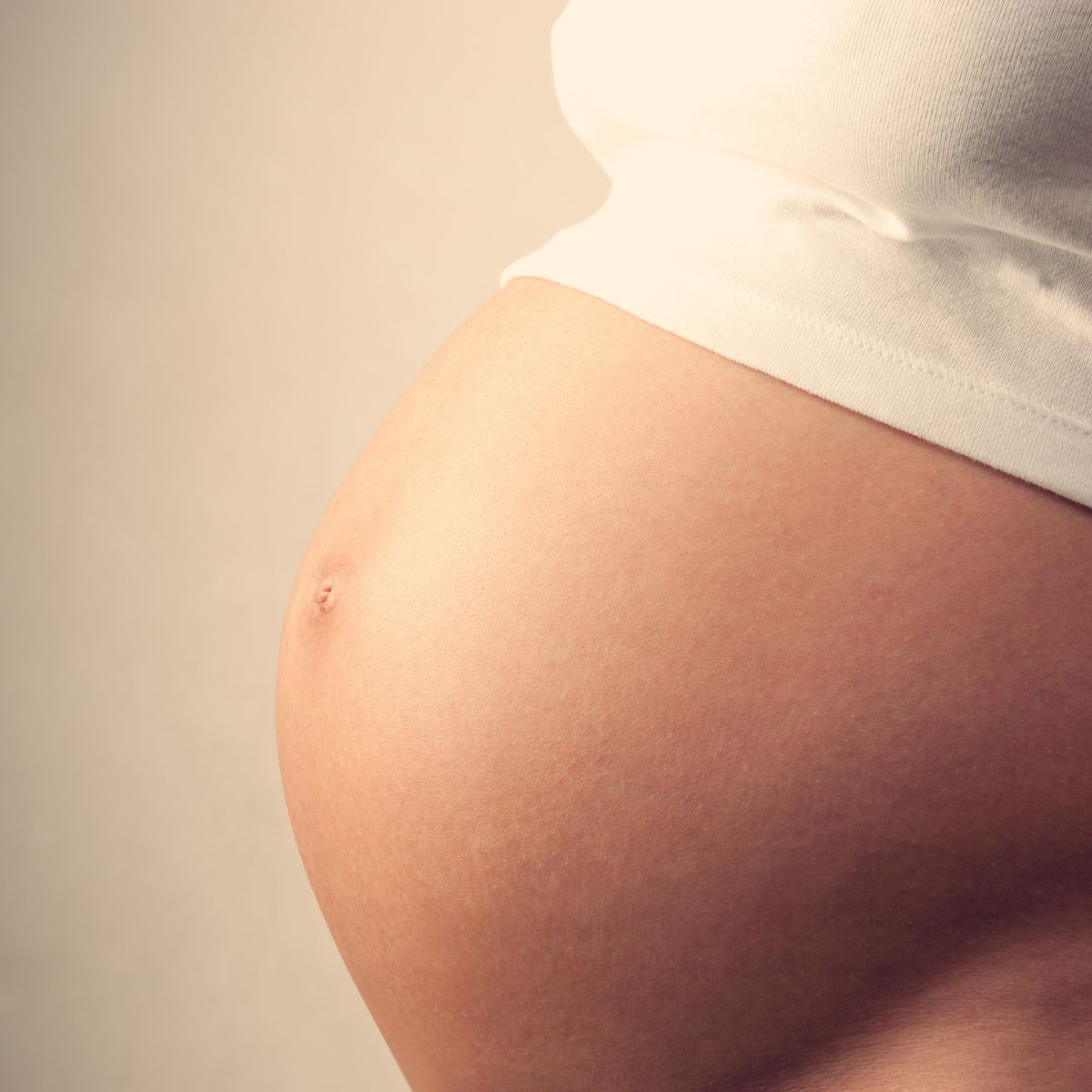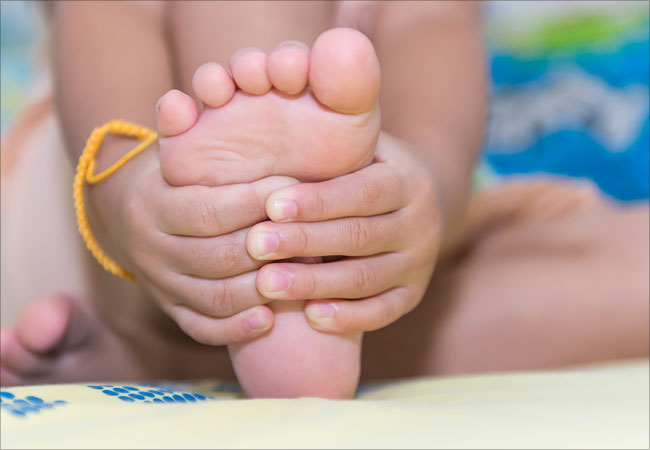Pregnancy Pain
Pregnancy pain is not usually experienced for the entirety of a pregnancy. Although there may be periods throughout the foetal growing days that result in episodes of pain and discomfort.
The question is though, what if you do have pain?
Common areas of pain include
- neck
- rib
- low back
- pelvic girdle pain
As the body changes so does balance, posture and pressure on the body. That is why your body alerts you to these areas causing pain, because they are undergoing change. These are normal pain patterns to experience but not something to be overly concerned about. There are, however, plenty of things that can be done to help relieve this discomfort and we’re here to help.
What does ‘help’ look like at Williamstown Health and Lifestyle?
Hands on treatment
Our practitioners at the clinic can assess and assist in relieving your pain through soft tissue massage, mobility as well as education about what is going on. We aim to improve function and mobility in your pain areas as well as promote optimal foetal positioning.
Exercise
Everyone is different throughout pregnancy and no single plan fits all, however, a non negotiable in any management plan whilst pregnant is exercise. Your pregnant body needs to be strong in order to bring your baby into the world. It needs to be able to tolerate increased load as the baby grows but also strong enough to carry your baby once outside of the womb. Depending on the state of your health, we recommend our pregnancy pilates classes which can be attended safely right up until giving birth.
Additional support tools
We can also guide you towards tools outside of the consult room that can also provide relief. These can include home tens machines, compression garments, pregnancy pillows or referrals to other specialists if that is what you need.
Post partum care
We highly recommend all our pregnant patients return to the clinic for an assessment once it is safe to do so (early as 4 weeks if vaginal birth or 6 weeks if cesarean birth). We can assess for any abdominal separation or musculoskeletal imbalances that ought to be worked on both in and outside of the clinic.
Interesting facts newly pregnant women ought to know:
● Pregnancy related pain often hits a peak between the 24th and 36th week of pregnancy
● Women who experience back pain, leg cramps, pelvic cavity pain and pelvic girdle pain in the first trimester have a higher risk of pain later on in pregnancy
● Women with low self-assessed fitness often have increased pain around the low back and pelvic cavity region
These interesting facts highlight the importance of self care and exercise throughout pregnancy so for your own health, please keep that in mind!
If you are experiencing any pregnancy related pain book an appointment with our pregnancy expert Osteopath Liz today.
References




